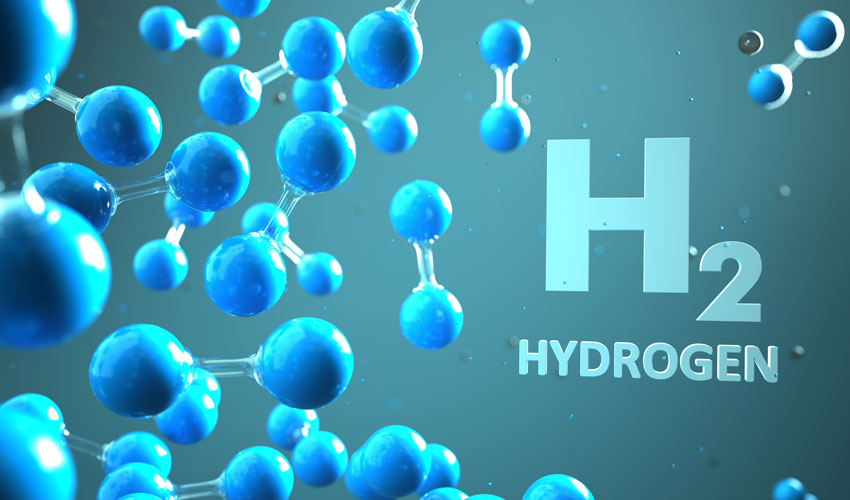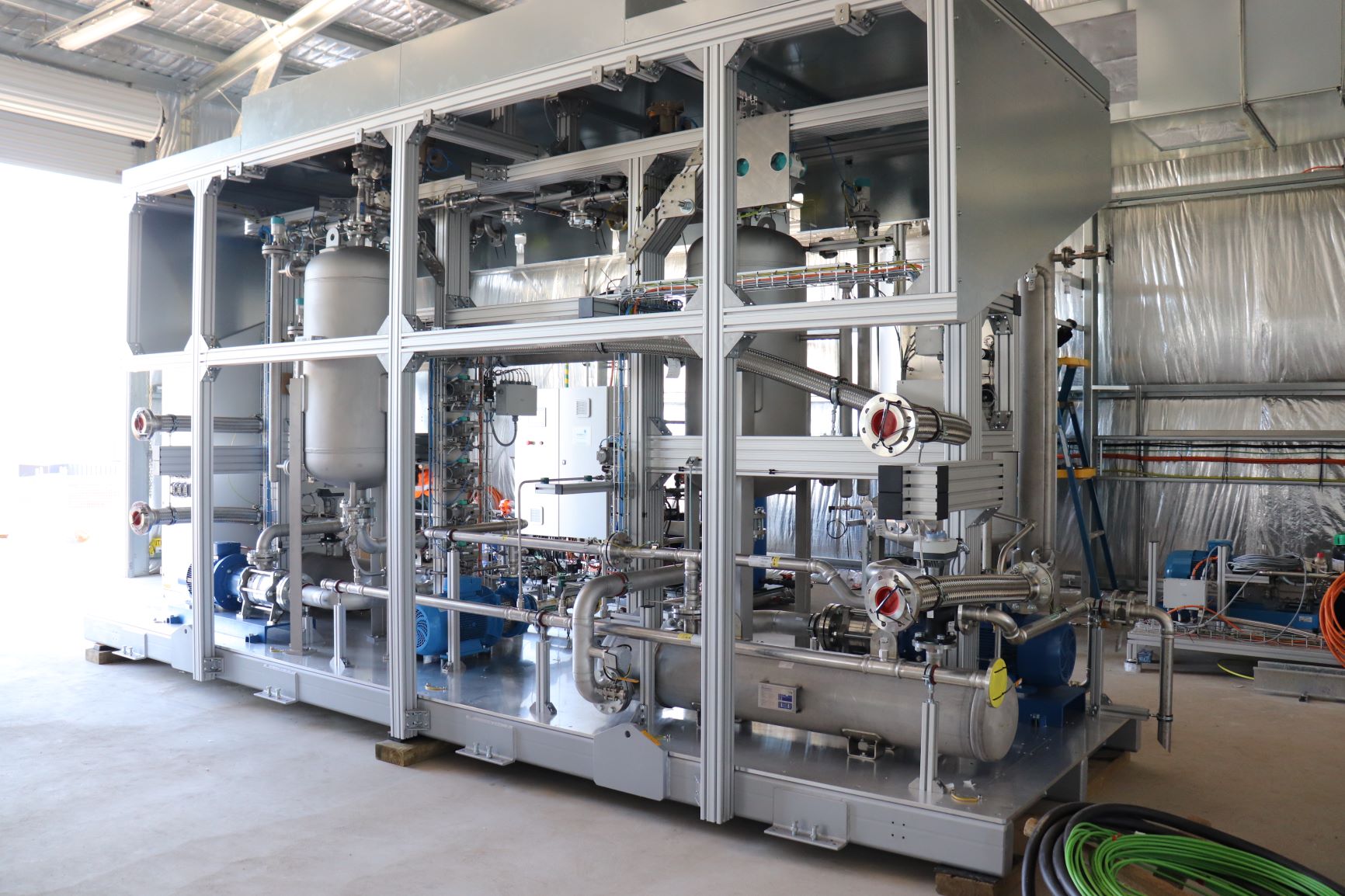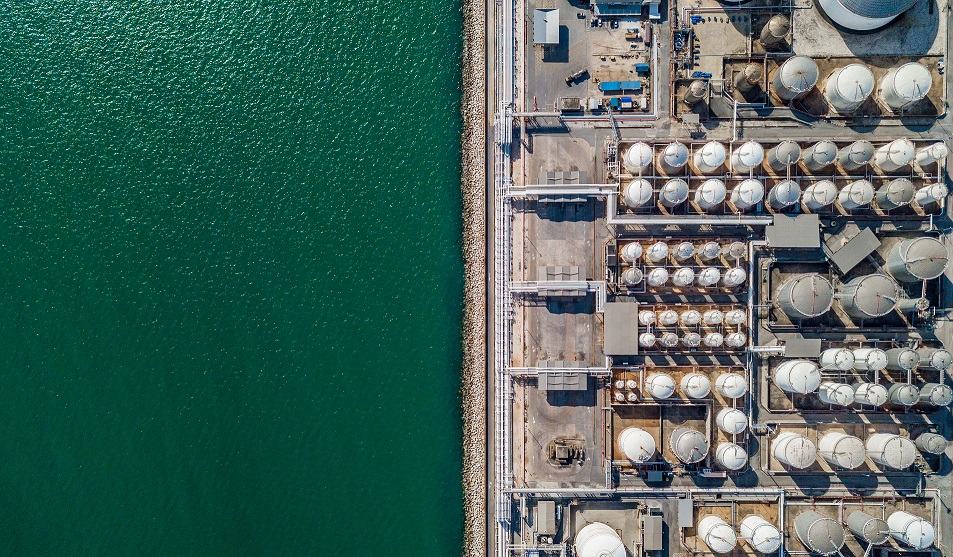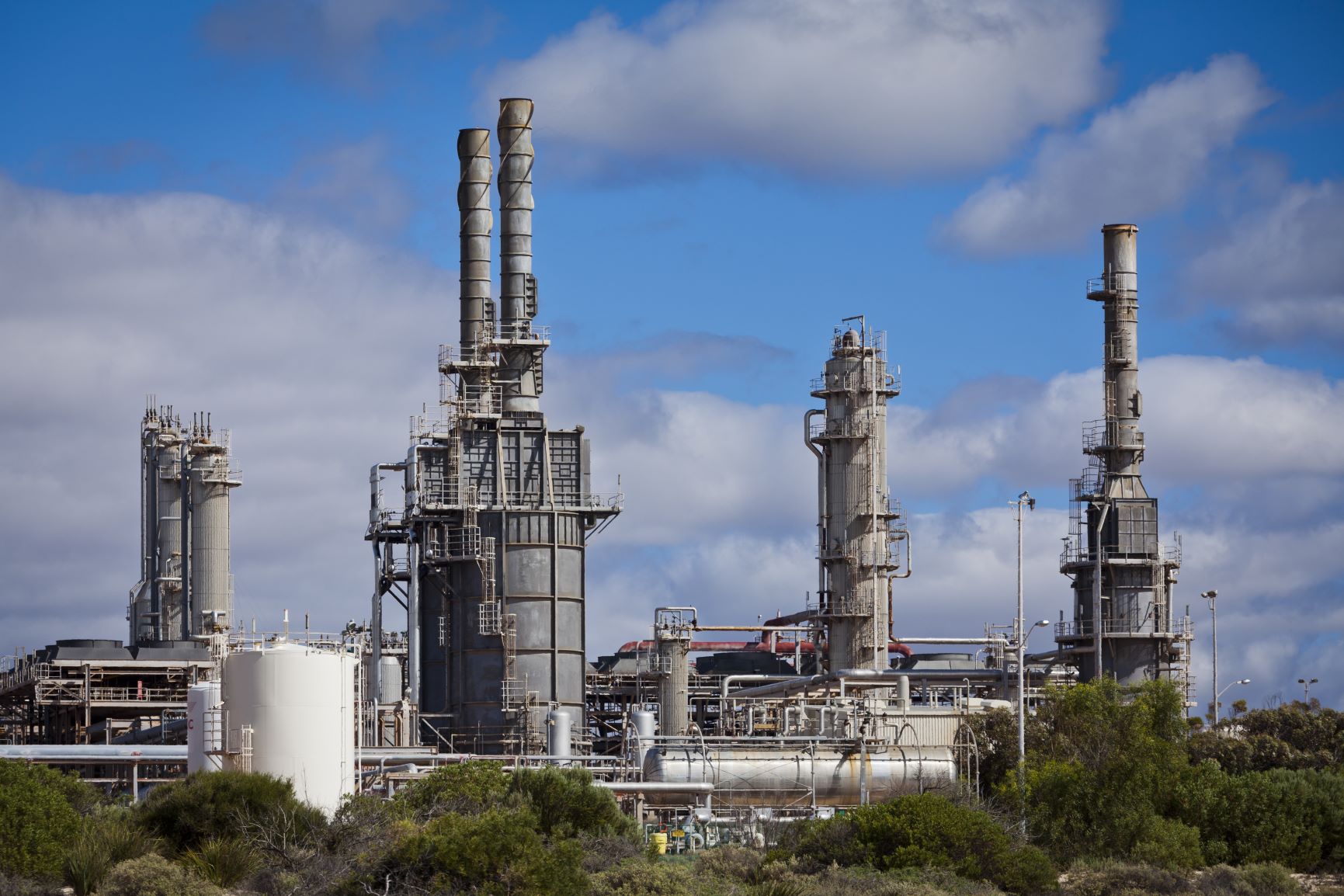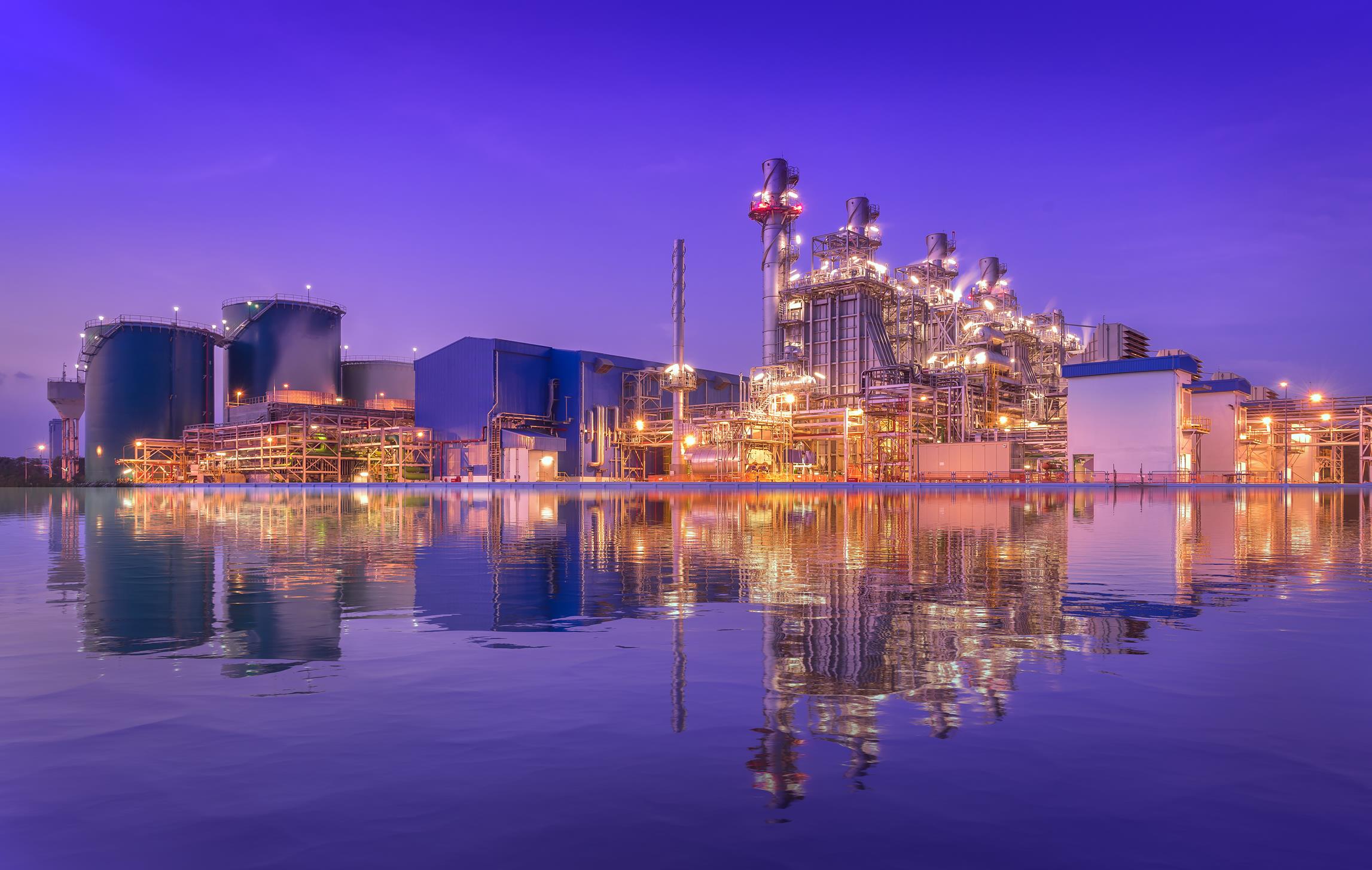Low-carbon hydrogen could become a US$50 billion to US$90 billion export industry for Australia in 2050, says Wood Mackenzie.
Australia rates consistently in the top echelons for solar irradiance and has vast potential for largescale carbon capture and storage (CCS). It has showed the world the path forward with its stationary battery storage flexibility at the much-vaunted Hornsdale power reserve facility and has moved quickly to capitalise on low-carbon hydrogen production.
With a growing project pipeline, measured at 2.94 gigawatts (GW) of named green hydrogen electrolyser capacity as of 2020, Australia is now the world’s second largest owner of hydrogen projects after the Netherlands. Just this year alone, Australia’s pipeline of advanced and early stage project developments has grown a further 45% to 4.25 GW.
Speaking at the APPEA conference recently, Wood Mackenzie Head of Markets and Transitions, Prakash Sharma said: “Australia’s key export markets – Japan, South Korea, China, India and Europe – are large carbon emitters and net importers of natural resources. Their import needs have steadily increased in the past two decades and now average at more than 70% of their total energy demand. As these countries raise climate ambitions, they will need to source clean energy to decarbonise steel, chemicals, cement, heavy-duty mobility, shipping and power generation.
“In a net-zero emissions world, a stable and reliable source of low-carbon hydrogen supply becomes essential because it is impossible to tell how a given molecule of hydrogen has been produced. A guarantee of origin is therefore crucial to allow for minimal environmental impact, i.e., carbon leakage. Standards also help with risk assessment and transparent market pricing. Australia stands to benefit as rules of hydrogen shipping, transport, storage and product quality are set and accepted internationally.
“Australia’s share in the globally traded market for low-carbon hydrogen or its derivatives could reach 25-45 million tonnes (Mt) by 2050, equivalent to US$50 to US$90 billion in potential export revenue.”
Cost competitiveness continues to be a nagging point; however, Wood Mackenzie believes there are pathways to competitiveness for end-user segments. Cost reductions will be mainly driven by large-scale, automated manufacturing of electrolysers, an increase in system size and a decline in renewable electricity costs.
The challenge is determining the best transport method for Australia’s export supply chains. All three forms of seaborne transportation under consideration, liquid hydrogen (LH2), liquid organic hydrogen carriers (LOHC) and ammonia (NH3) have advantages and also challenges. The effective carrier choice depends on the end-use, purity and storage requirements. For example, LH2 is preferred if the end-use requires liquid or high-purity hydrogen such as mobility applications. On the other hand, ammonia gains where it can be used directly as a feedstock avoiding the cost of cracking NH3 back into hydrogen.
Sharma said: “Our proprietary hydrogen costing and energy transition scenario modelling show Australia’s hydrogen delivered costs can fall below US$2/kg longer-term, making it competitive in all end-use cases in key markets of northeast Asia.
“We estimate ammonia would be the first hydrogen-carrier in the export market facilitated by Australia from mid-2020s. Low-carbon hydrogen demand in Japan and Korea reaches 30 Mt in 2050 with ammonia taking one-third market share on this route.”
Although there is no exploration risk to green hydrogen production, the export supply chain – storage, compression, transport, decompression – is currently complicated and nascent. The size of the prize for Australia depends on the speed and scale at which global hydrogen market develops; the range is wide 73 – 145 Mt in 2050 and the opportunities are aplenty.
Sharma said: “We believe Australia can overcome hydrogen’s logistical challenge like it successfully did in coal seam gas to LNG projects, automated trucks and remote-control mining operations and large-scale CCS deployments. Leveraging experience from hydrogen pilot programmes and greater investment in research and development, consistent government support, partnerships and offtake agreements from Japanese and Korean firms would be crucial.
“This is a lifetime opportunity for Australia to harness its renewable energy resources and become a dominant player in the zero-carbon energy trade. It would be difficult for large Asian economies to reach climate goals without clean energy supplies from Australia.”

